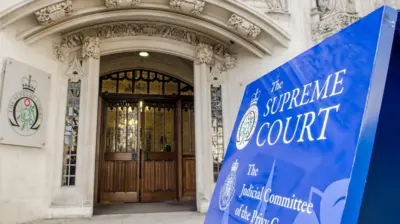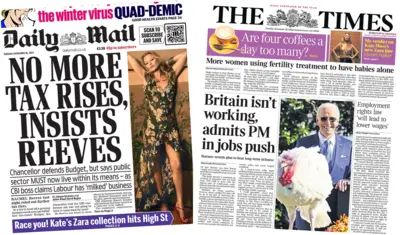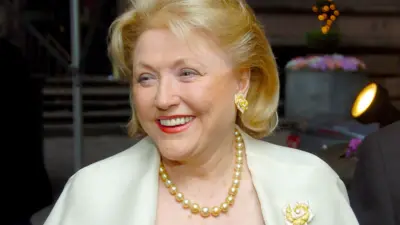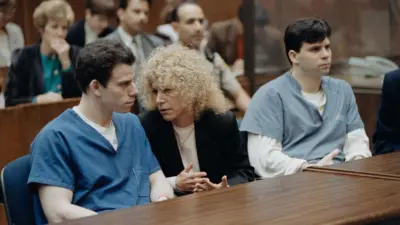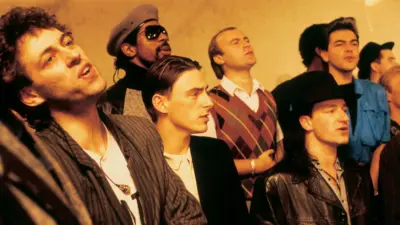We've updated our Privacy and Cookies Policy
We've made some important changes to our Privacy and Cookies Policy and we want you to know what this means for you and your data.
First Great Western bids for longer rail franchise deal
The rail operator First Great Western (FGW) says it does not want to take up the option to extend its franchise beyond March 2013.
The firm said it wanted instead to try to negotiate a longer-term deal.
CEO Tim O'Toole said: "We believe we are best placed to manage these projects and capture the benefits through a longer-term franchise."
Top Stories
First Great Western runs train services between London, the west of England, south Wales and parts of the Midlands.
Top Stories
'Change in government'
In March, the government announced a £1bn plan to electrify the Great Western route from London via Bristol to Cardiff.
The work will see the current diesel rolling stock replaced by 2017 and will cut 20 minutes off the journey between the the capital and south Wales.
A financial statement from the company said it had wanted to talk to the government about alterations to the terms of the current deal
"As a result of the change in government and subsequent statements on franchise contractual terms this now appears unlikely to happen.
"We have decided that the best commercial strategy is to put ourselves in a position to rebid for this franchise under new economic conditions."
In December 2005, First Group was awarded the franchise to run services in the Great Western area.
Top Stories
Fare strike
It was already running the Intercity and Thameslink services while National Express was running Wessex Trains, which was combined into the enlarged franchise awarded by the government.
At the time, the firm said the deal would be worth more than £1bn in revenues per year.
But the company has not always been popular among commuters.
In 2008, the company faced a fare strike by some passengers over claims of high prices, overcrowding and unreliable trains.
Commuters at more than 20 stations including Bristol, Bath and Frome took part in the strike.
The protest was organised by Bristol-based passenger group More Train Less Strain (MTLS).
About 10,000 tickets bearing slogans such as Worst Late Western and Route To Hell And Back were printed for passengers instead of proper tickets.
'Publicity stunt'
Speaking then, a First Group spokesperson said the firm accepted it had failed to deliver an "appropriate level of service".
The company blamed ageing rolling stock and staff shortages for many problems, but added it was also investing £200m.
But MTLS dismissed this claiming it was a publicity stunt to head-off protest action.
Later that year, then Transport Secretary Ruth Kelly urged the firm to "get a grip".
Speaking in the Commons, she said the firm was being put "on notice" to improve services, which had been "unacceptable for far too long".
The Office of Rail Regulation added that punctuality on the line had been "poor for far too long".
At the time, 83% of First Great Western's services were arriving on time compared to a national average of 91%.
The firm's high-speed service is currently on time 88.1% of the time although some of its local services, such as in Devon and Cornwall, are on time in more than 95% of journeys.
Top Stories
More to explore
Most read
Content is not available
